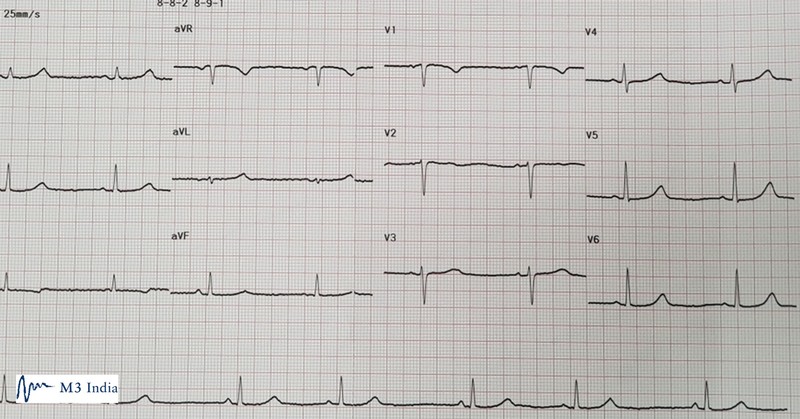Older, critically ill patients with COVID-19 who received a combination of the antiretroviral medications lopinavir and ritonavir experienced bradycardia, a slow heart rate, more often, according to new research published today in Circulation: Arrhythmia and Electrophysiology, an American Heart Association journal.
For our comprehensive coverage and latest updates on COVID-19 click here.

The combination of antiretroviral medications lopinavir (LPV) and ritonavir (RTV) have been previously used to treat patients with SARS-Cov-1 and MERS-Cov, as well for HIV-1 patients. Among HIV-1 patients, a risk of bradycardia was also reported.
In this small, preliminary, prospective study, researchers recorded the risk of bradycardia in critically ill COVID-19 patients treated with this combination of medications. Bradycardia is classified as a heart rate below 60 beats per minute for a period of more than 24 hours. Bradycardia can cause problems if the slow heart rate leads to a decrease in blood flow to the body. This can lead to heart failure, fainting, chest pain and low blood pressure. In some people, bradycardia does not cause any symptoms.
